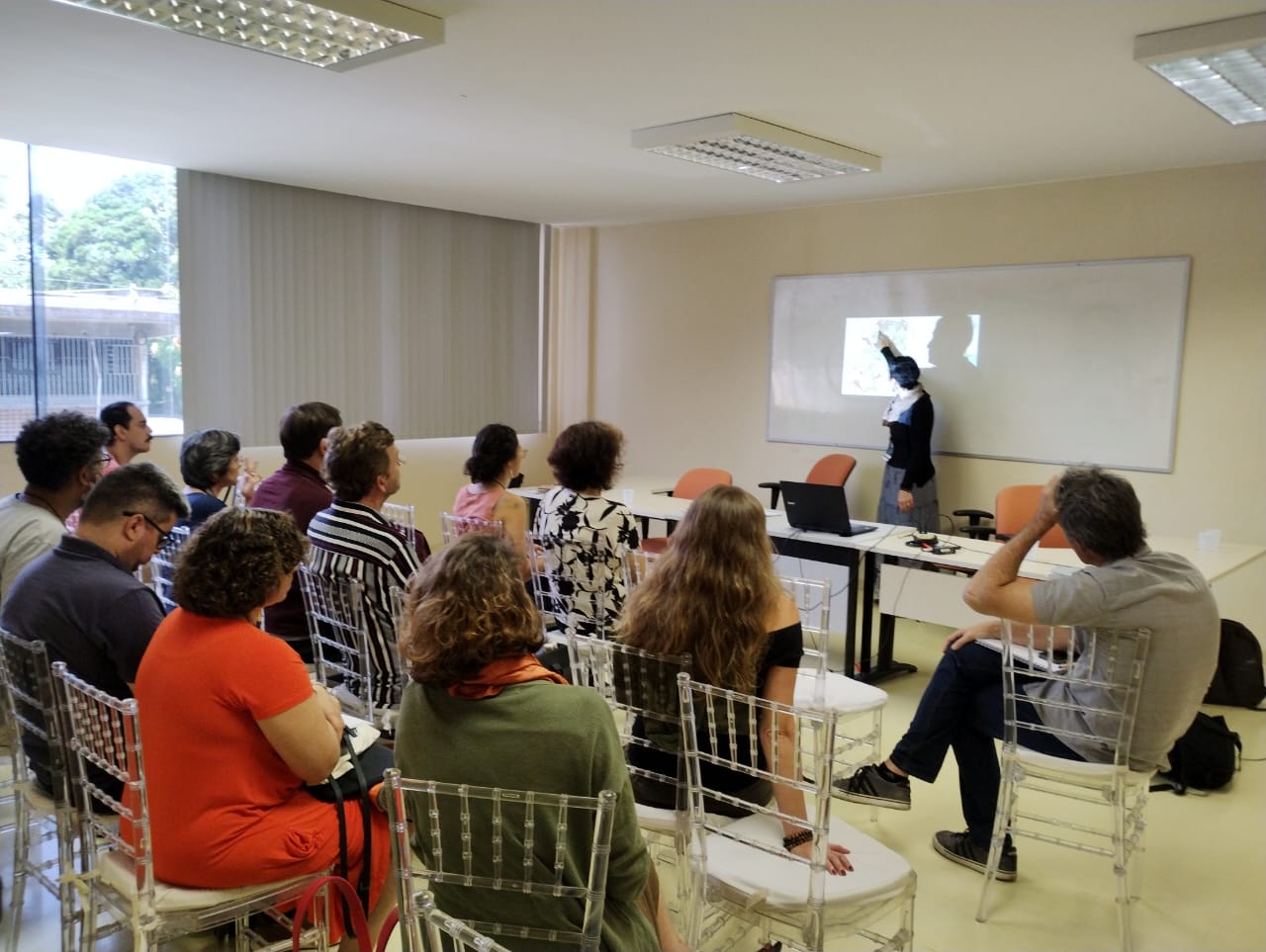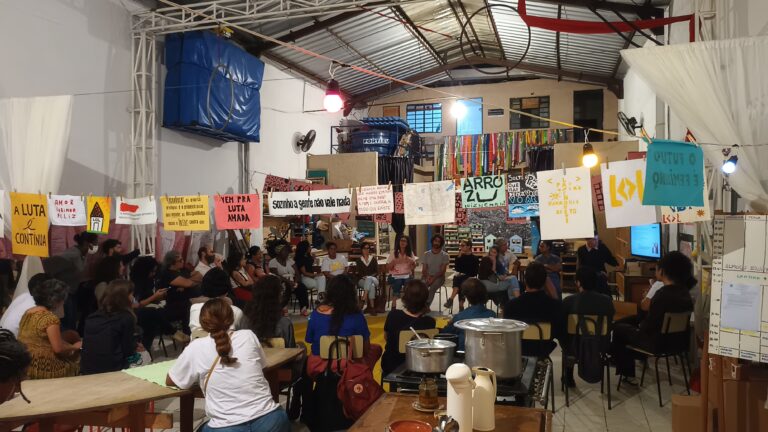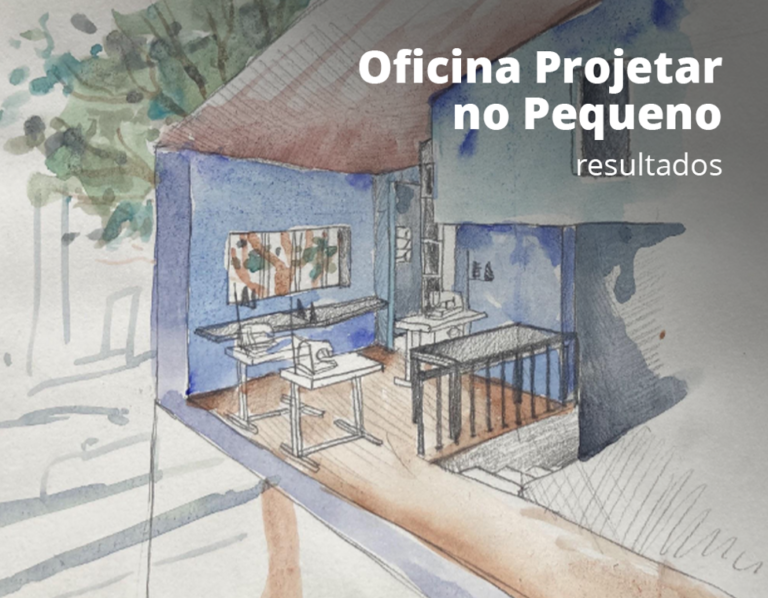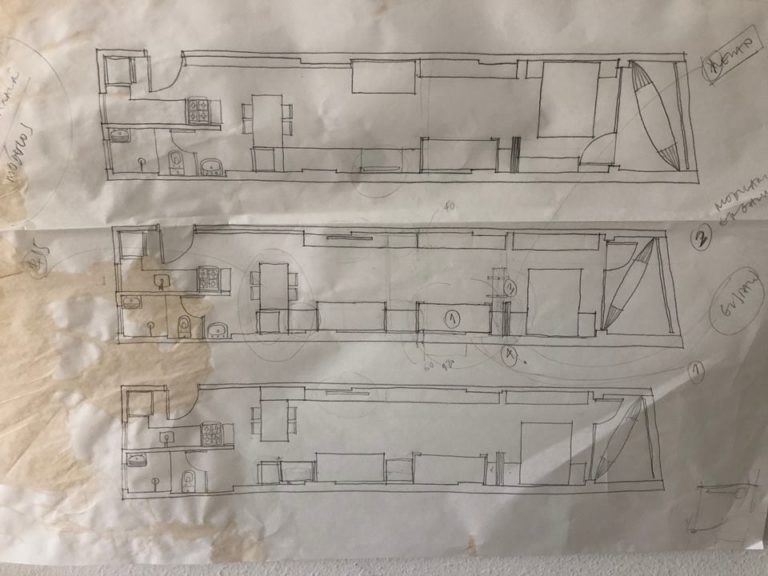In May we attended the National Meeting of the National Association of Graduate Studies and Research in Urban and Regional Planning (Enanpur) in Belém. The section we took part in had the theme "Social renting: Brazilian experiences and international comparisons" and sought to provide an overview of recent initiatives in the field of social renting in Brazil, from those deriving from actions by the judiciary, to the experiences of non-profit societies, as well as studies on social renting programs in other countries. The intention was to contribute to the dissemination of knowledge on the subject and to encourage the development of related public policies.
We sought to highlight how FICA has taken root and legitimized itself in practice, based on the construction of applied knowledge and dialogue with different segments of society, from public authorities to social movements.
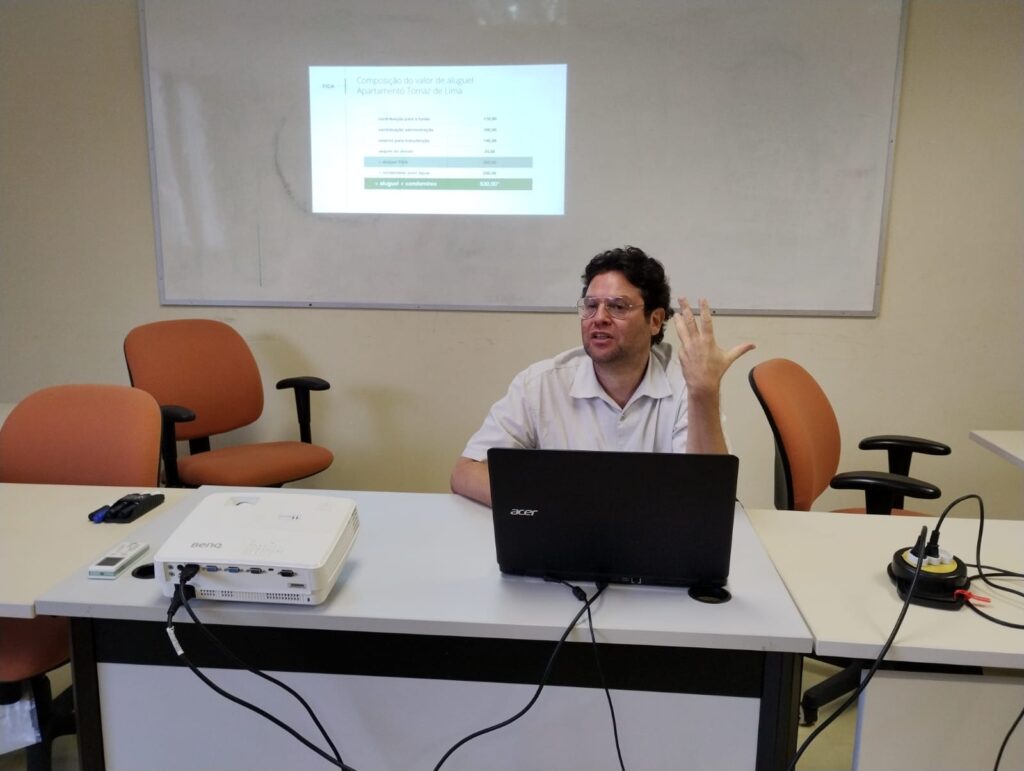
Different fronts of action
The creation of an organization dedicated to safeguarding property has opened up various fronts of action: the problem of tenements and the overexploitation of rented spaces in the central regions of cities; the construction of solutions for access to properties with inheritance problems, with several owners, with documentation problems and which may seem unviable for the formal market; the management of third-party properties for social purposes.
The Association has also been supporting the creation of groups and institutions with similar aims. In this way, it is participating in the construction of a new social agent, the non-profit owner, adding new possibilities in the fight for social justice in cities.
The event was attended by renowned organizations, including Haja!, IPEA, the Ministry of Cities and Ippur. The exchange of ideas and experiences between these organizations reinforced the collective commitment to building innovative and sustainable solutions to contemporary urban challenges.

